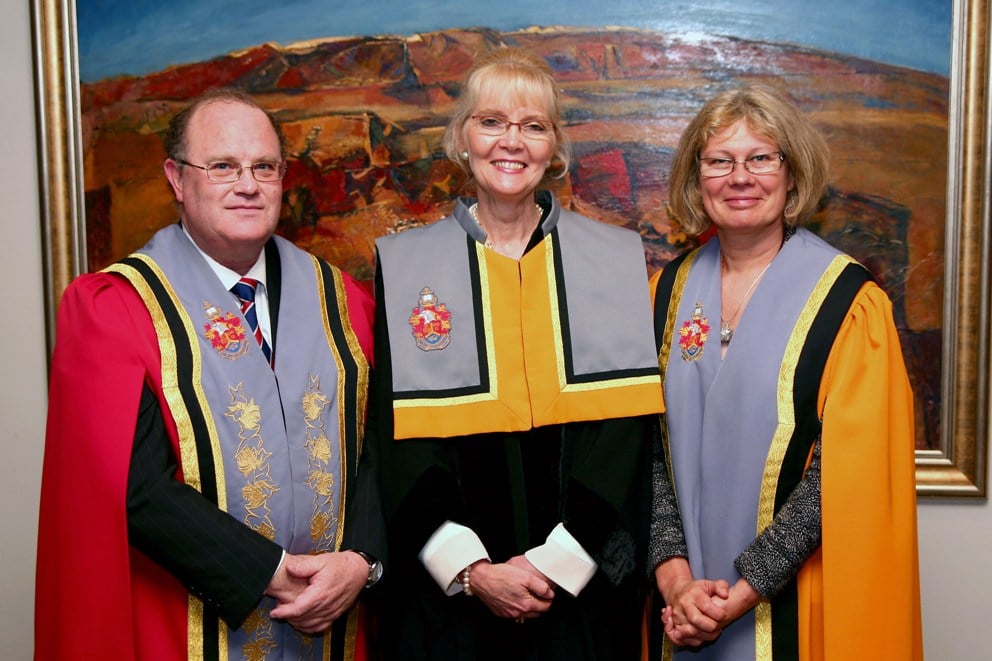Posted on November 07, 2008
Summary of the inaugural address
'Communication is the foundation of human dignity, freedom and agency, is intrinsic to individual personhood and therefore needs to be viewed as a human necessity and moral right' (Catt, 2000:137). It is estimated that 10% of the approximately 47 million South Africans has a communication disorder of some sort. Difficulties in communication may have developmental, personal, social, academic, and vocational consequences. Services in audiology and speech-language therapy should be accessible and attainable for all, which necessitates and justifies the training of audiologists and speech-language therapists at the University of Pretoria. The discipline of Communication Sciences and Disorders, as presented by the Department of Communication Pathology, has developed into the practice of two distinct, yet integrally related professions, namely Audiology and Speech-Language Therapy, each of which is professionally autonomous.
Through its evolvement, the Department, which was established in 1959, has continuously adapted to contribute to the development of the discipline Communication Sciences and Disorders and to best serve those affected by communication disorders. Training of future professionals has to contend with a multitude of changes that are currently taking place within the population that requires services by professionals in this field, the scope of practice of the professions, work settings, government policies and structures, technology and tertiary education, which all translate into challenges to teaching and learning, research, and community engagement. Revisiting the past and contextualising the present changes, both within Africa and further abroad, shapes the response to these challenges. Developments in the fields of Craniofacial Disorders and Early Communication Intervention exemplify the current management of such challenges.
The future is bravely embraced by introducing a new curriculum in 2009 in which audiologists and speech-language therapists will be trained separately and the traditional dual qualification will be discontinued.
In conclusion, the future vision of the discipline Communication Sciences and Disorders as practiced in the Department and the training of audiologists and speech-language therapists, that will empower them to ultimately contribute to the quality of life of individuals who are communicatively impaired as well as that of their significant others, is expounded.
Enquiries:
Prof. Louw
012 420 2491

(from left to right)
Prof. Calie Pistorius (Principal), Prof. Brenda Louw (Head: Department of Communication Pathology) and Prof. Sandra Klopper (Dean: Humanities)
Copyright © University of Pretoria 2025. All rights reserved.
Get Social With Us
Download the UP Mobile App